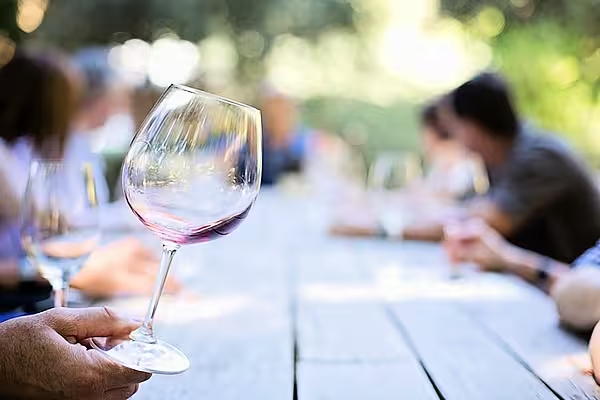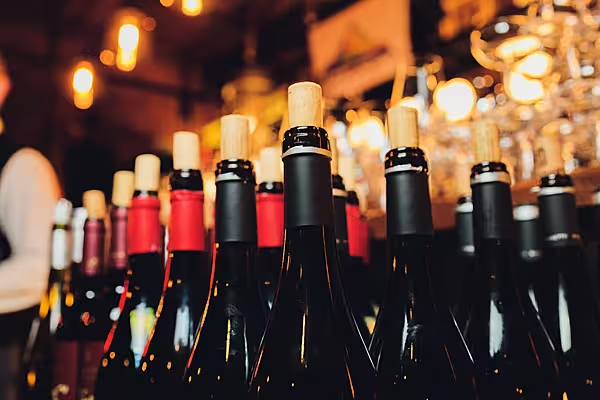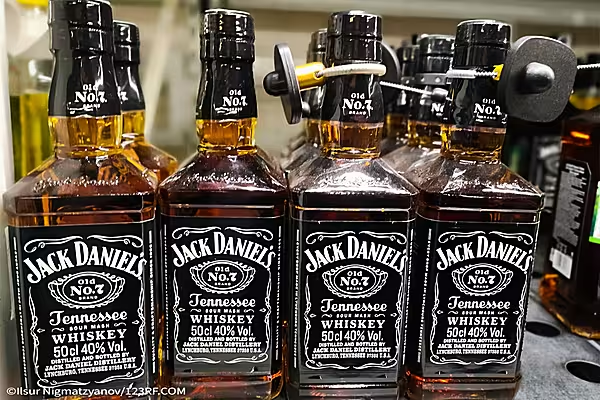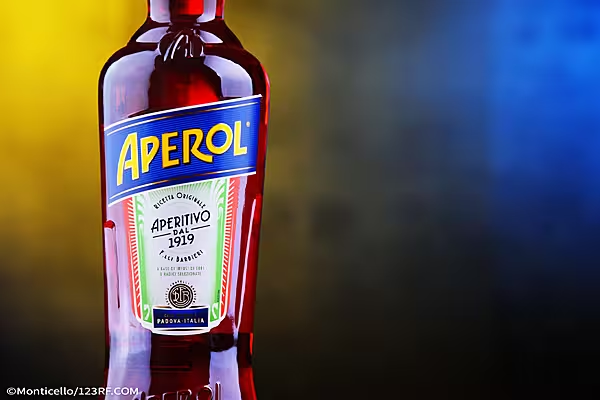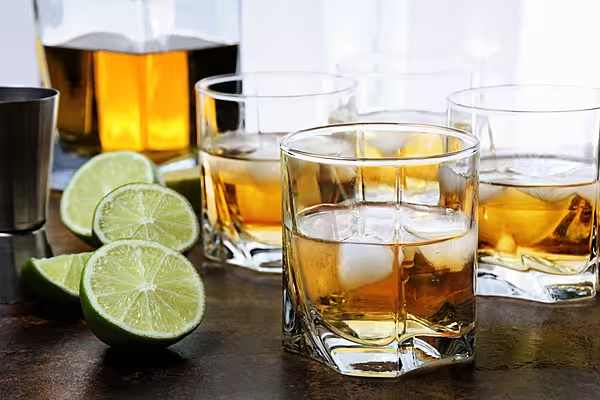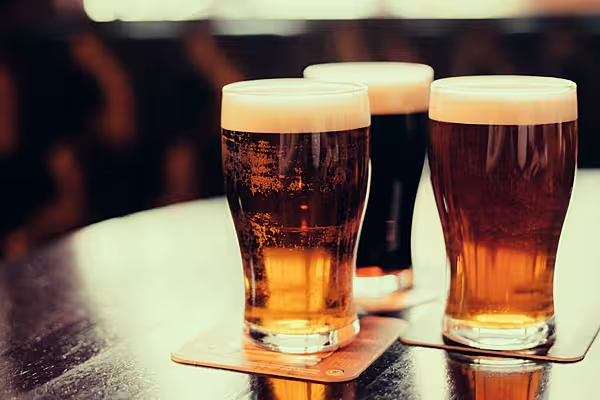The Portuguese beverage sector was comprised of nearly 1,000 companies in 2015, of which 88% belonged to the wine segment, according to a report by the Bank of Portugal.
Wine was also responsible for 52% of the turnover and 64% of the number of people employed in the beverage sector.
Beer, soft drinks and water account for 25% and 23% of turnover and 14% and 21% of the number of persons employed, respectively.
Although 75% of the companies in the sector were micro-enterprises, large companies accounted for 50% of turnover.
The turnover of the beverage industry increased by 2% in 2015 and return on equity amounted to 5%. Wine contributed to the result with a 3% growth, but beer and soft drinks and water saw sales drop by 1%.
Figures from the National Statistics Institute (INE) indicate that wine consumption has been recovering for two years but is still far from the figures observed in the 1990s.
From 1990 to 2015, consumption in Portugal fell from more than 60 litres per inhabitant to 47; however, both 2014 and 2015 saw growth in consumption.
At the same time, exports continued to grow, although the quantity has declined since 2013. However, the export price has increased in the same period, with the average price per litre exported jumping from €1.84 to €2.63 between 2006 and 2015.
Port wine accounted for almost 43% of the total wine exported in 2015, followed by other non-DOP red wines (10%) and DOP green wines (7.4%).
Based on data of the Institute of Vine and Wine, Portugal has the 11th largest wine production in the world. In 2015, the value of the wine exported amounted to €735 million, with France being the main destination.
© 2017 European Supermarket Magazine – your source for the latest retail news. Article by Branislav Pekic. Click subscribe to sign up for ESM: The European Supermarket Magazine
